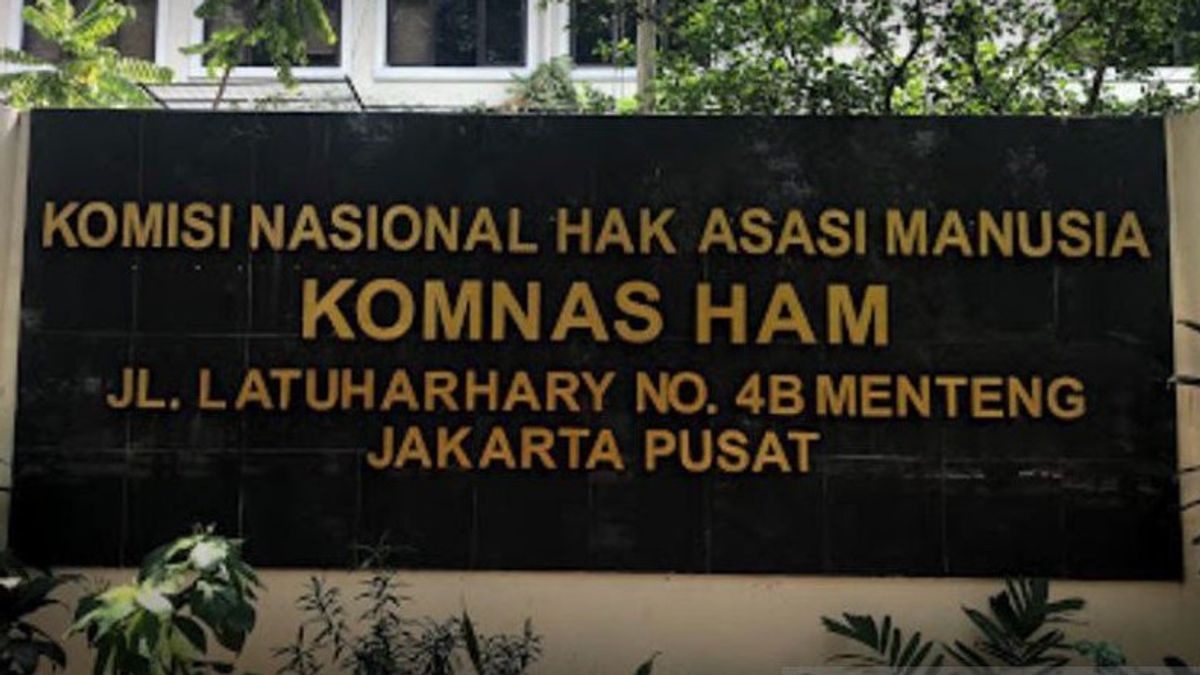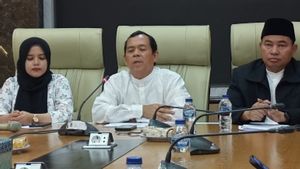JAKARTA - Komnas HAM Education and Counseling Commissioner Beka Ulung Hapsara emphasized that not all opinions or expressions of dislike can be interpreted as hate speech, because they must look at the context, speaker, intention, content, range of speech, and potential implications. It requires benchmarks or high threshold standards," Beka said when giving an introduction to the Legal Literacy Forum and Digital Human Rights on the YouTube channel of the Directorate General of IKP Kominfo, monitored from Jakarta, Monday, February 21. Beka defines hate speech as an oral statement that expresses hatred, encourages violence against a person or group based on a certain background, such as race, religion, gender, or sexual orientation. The impact of hate speech is to encourage intolerance and hatred, demean, and divide the nation. Therefore, in order to prevent the negative impact of hate speech, there are restrictions on freedom of expression. "Human rights also recognize restrictions," he said.
There are two types of restrictions on freedom of expression. The first restriction is that opinions should not demean other people's dignity. "For example, when we have a different opinion with someone, suddenly we express our dislike by demeaning other people such as equating other people with animals," he said. The second restriction is that opinions should not be harmful. national or state security. The mechanism for carrying out both types of restrictions must be regulated by law, needed in a democratic society, aimed at protecting public order and public health. If it is allowed to be free, of course, when there are people who have limited access to information and knowledge, it will be very dangerous when they are given hoaxes," Beka explained. the freedom of others.
The English, Chinese, Japanese, Arabic, and French versions are automatically generated by the AI. So there may still be inaccuracies in translating, please always see Indonesian as our main language. (system supported by DigitalSiber.id)








